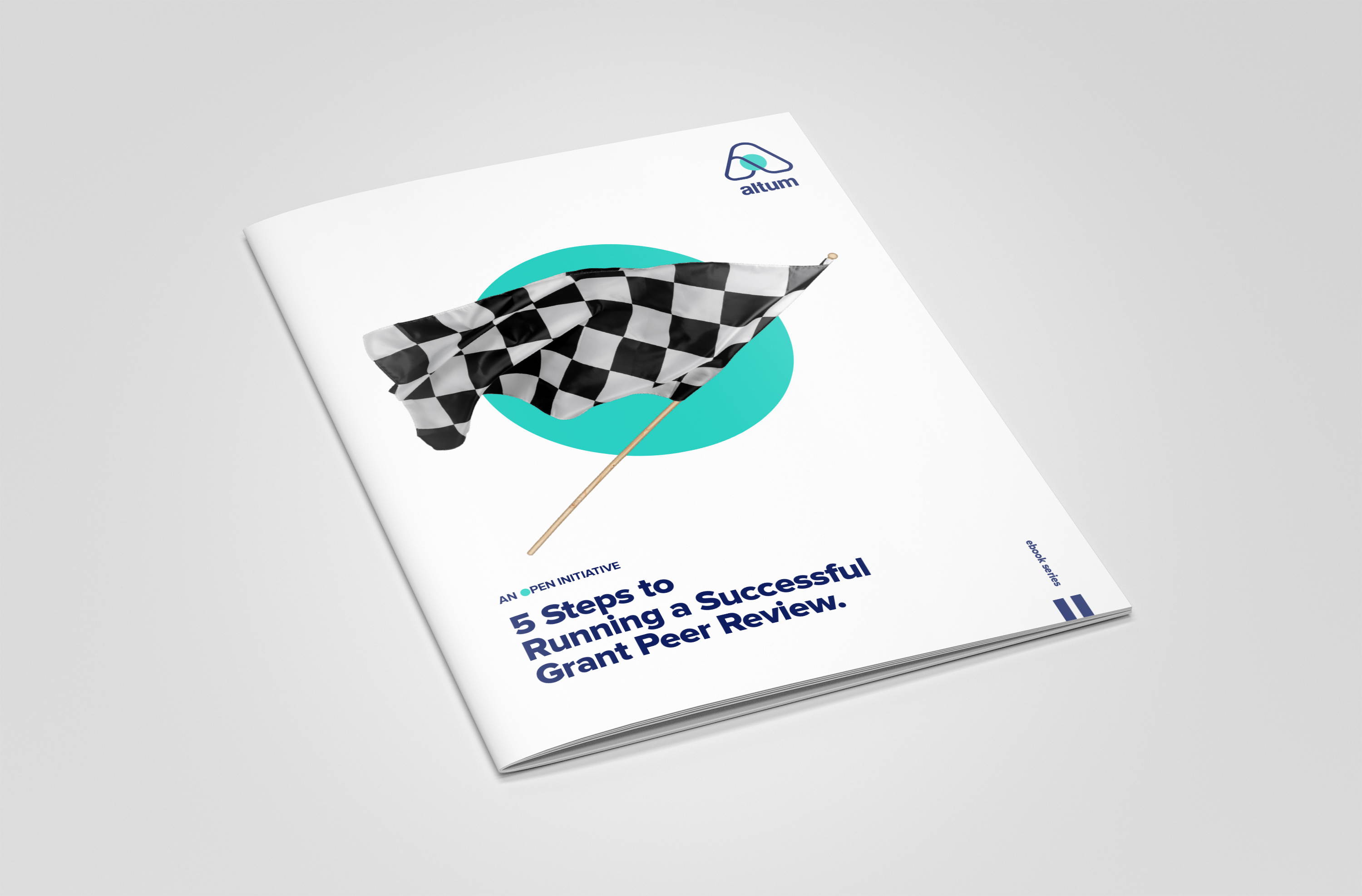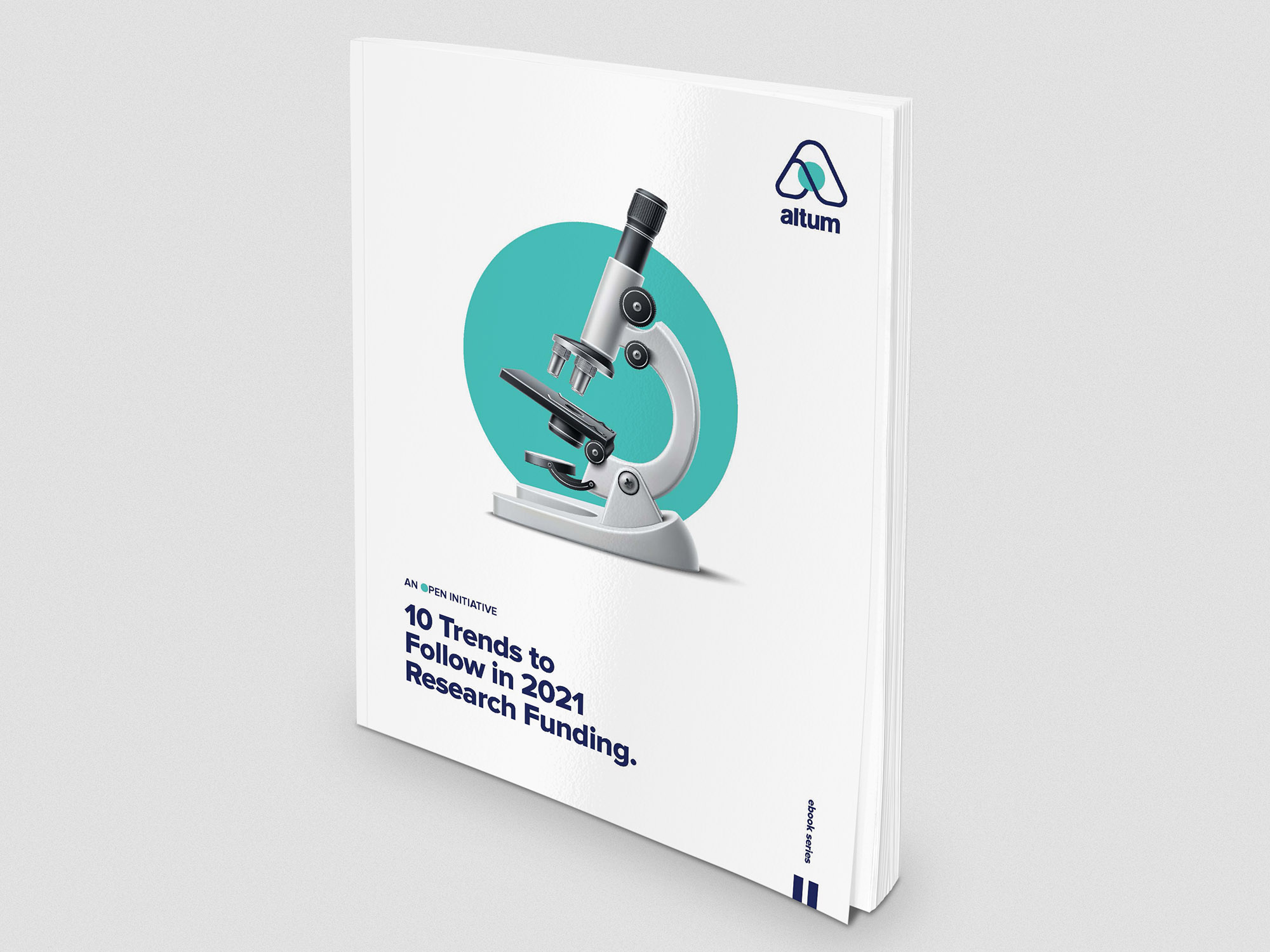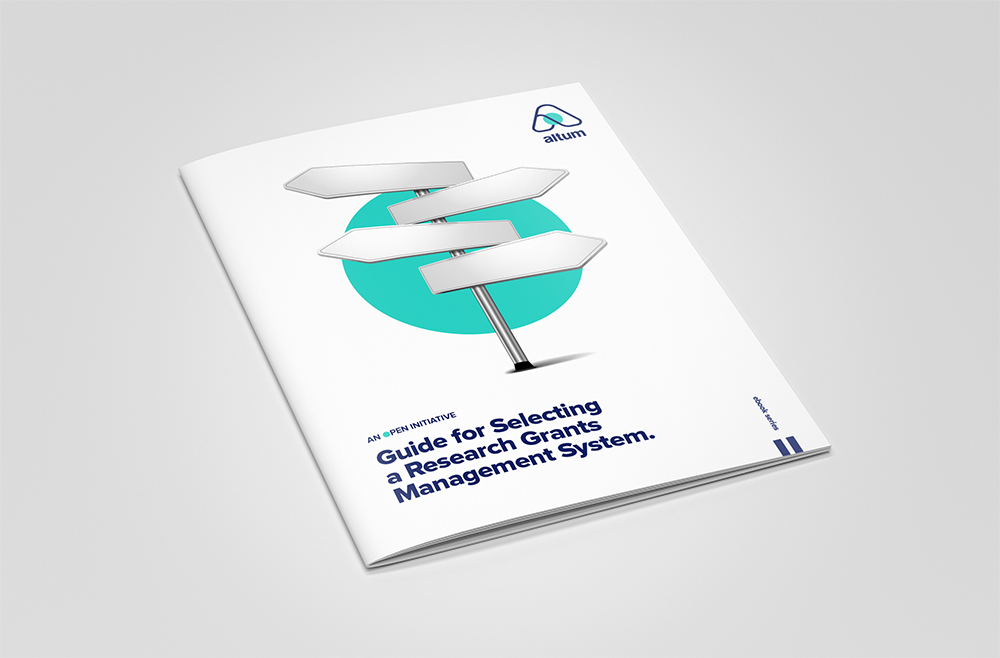Maximize the Possibilities
By building a foundation of potential authors and researchers over time, both within your existing network and through a research grant management platform like Altum’s ProposalCentral platform, you’ll cultivate a solid foundation.
But what if those avenues aren’t enough? What else might you consider?
Tap Into Your Network
Once you’ve defined your priorities and approximate parameters for which researchers are suited to the challenge at hand, it’s time to find the team who’ll make it happen. And that starts with the perspectives already at your fingertips.
Board of Directors
We’ll dig deeper into digital resources and virtual search options later—but a human-to-human approach is always a powerful place to start. So don’t hesitate to leverage your board of directors. Who do they recommend? Who do they know? Who can they connect you with?
This approach has a two-fold value: First, these individuals have typically reached their role on the board over the course of many years of experience, networking, and cultivating a robust suite of expert insights. Simply put, they know what they’re talking about. And second, that’s precisely what your board of directors is there for. What better way to optimize the potential for your grant program than by putting your board to maximum use by collaborating to determine the ideal team for your project or initiative?
Staff Referrals
Don’t stop here. Often the best ideas and insights come from the most unexpected places. Consider discussing opportunities with leaders and practitioners alike across your entire organization, going beyond the board to the on-the-ground administrators or division leaders who may bring fresh perspectives to the corps of research teams you may be considering.
Social Networks—Especially LinkedIn
Lastly, cultivate and leverage your social networks, particularly LinkedIn. Invite your community to propose ideas. You’ll amplify your voice as a thought leader in your particular grant funding sphere—and you never know who may have just the right recommendation for your program.
Run a Symposium
Launching a symposium or summit can be an energizing opportunity to bring fresh voices and networks together to discuss the most pressing and thought-provoking topics and research categories of the future.
Attendees will be empowered to present their work, hear emerging perspectives from peers, and discuss the latest developments within their respective fields. And as the hosting organization, you’ll tap into not only the insights of the attendees—but their corresponding contact information and networks as well. Be sure to integrate email signups directly into your programming plan in order to ensure a thoughtful ongoing relationship with attendees.
Build an Online Community
By either launching or tapping into an existing online community or forum, you may discover a number of potential research partners. This can be a valuable strategy for identifying less established authors or leaders in emerging fields who may not be operating within some of the more traditional grant submission and research funding ecosystems.
A few potential established communities to consider include: ORCID, ROR, and Crossref. And even if you’re not building your own community directly from scratch, you can activate and interact with these types of existing communities in order to dig deeper into potential resources or teams who might be well-suited to your particular initiative.






